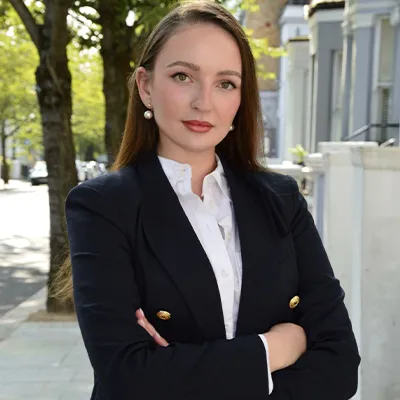
Why did you become a mentor?
I wanted to contribute to the professional development of students and share my experience from the professional world. Mentoring provides a meaningful way to give back. It’s important to help guide the next generation of professionals as they embark on their careers.
How do you help your mentees?
Together, we develop a plan tailored to their academic progress and future career goals. We identify key strengths and areas for improvement, and I assign tasks to foster independent research and critical thinking. As sessions progress, we review achievements, iterate on topics when needed and move forward to ensure consistent growth.
Do you have a favourite success story related to a mentee?
My favourite success story is the entire mentoring process with Olga. She dedicated an incredible amount of time to improving in areas we identified, consistently coming prepared and eager to learn. The improvement in her thesis writing, research skills and storytelling was remarkable.
Seeing her transformation from the beginning to the end of the programme was rewarding. It was gratifying to witness her confidence grow, ultimately leading to a well-crafted thesis and strong professional foundation.
What do you get out of it?
Mentoring has significantly enhanced my organisational and leadership skills by requiring me to set clear directions and outline actionable steps for my mentees. Additionally, it has deepened my understanding of guiding others through their professional development. The process is a rewarding experience that fosters growth for both mentor and mentee.
Would you encourage other people to become mentors?
Absolutely! Becoming a mentor is beneficial for both parties. Mentors refine their skills, stay up-to-date with new trends and enhance their competitiveness in the professional world. It’s a rewarding experience that also provides a sense of fulfilment by contributing to the success of the next generation of professionals.